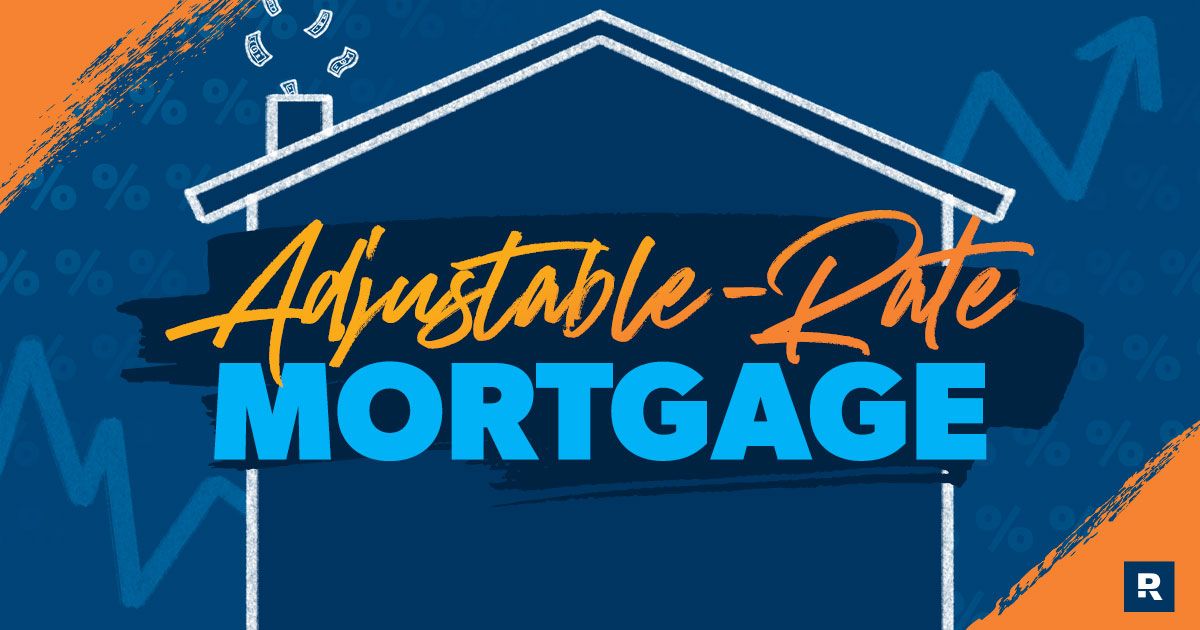When it comes to purchasing a home, one of the most important decisions you will make is choosing the right mortgage. Two of the most common options are fixed-rate mortgages and adjustable-rate mortgages. Each type has its own advantages and disadvantages, and understanding the differences between them is essential for making an informed decision. In this article, we will explore the key features of fixed-rate and adjustable-rate mortgages to help you determine which option is best suited to your needs.
Fixed-Rate Mortgages
With a fixed-rate mortgage, the interest rate remains the same throughout the life of the loan. This means that your monthly payments will stay consistent, providing you with the peace of mind of knowing exactly how much you will owe each month. Fixed-rate mortgages are a popular choice for homeowners who prefer stability and predictability in their finances.
One of the main advantages of a fixed-rate mortgage is that it offers protection against rising interest rates. Even if market rates increase, your mortgage rate will remain unchanged, saving you money in the long run. Additionally, fixed-rate mortgages are easier to understand and budget for, making them a suitable option for first-time homebuyers or those on a fixed income.
However, fixed-rate mortgages typically come with higher initial interest rates compared to adjustable-rate mortgages. This can result in higher monthly payments, which may not be affordable for some borrowers. Additionally, if market rates decrease, you will miss out on potential savings by being locked into a higher interest rate.
Adjustable-Rate Mortgages
Adjustable-rate mortgages, or ARMs, have interest rates that can fluctuate over time based on market conditions. Typically, ARMs offer lower initial interest rates compared to fixed-rate mortgages, making them an attractive option for borrowers looking to save money on their monthly payments in the short term.
One of the main advantages of an adjustable-rate mortgage is the potential for lower interest rates in a falling market. If market rates decrease, your interest rate and monthly payment may also decrease, providing you with savings on your mortgage. Additionally, ARMs often come with an initial fixed-rate period, during which your interest rate remains unchanged, providing you with a sense of stability in the early years of your loan.
However, adjustable-rate mortgages come with the risk of interest rate increases in a rising market. If market rates go up, your interest rate and monthly payment will also increase, leading to potential financial strain. This uncertainty can be stressful for homeowners who prefer predictability in their finances.
Choosing the Right Mortgage for You
When deciding between a fixed-rate mortgage and an adjustable-rate mortgage, it is essential to consider your financial goals, risk tolerance, and future plans. If you value stability and predictability in your monthly payments, a fixed-rate mortgage may be the best option for you. On the other hand, if you are comfortable with the possibility of interest rate fluctuations and want to take advantage of lower initial rates, an adjustable-rate mortgage may be a suitable choice.
Ultimately, the decision between a fixed-rate mortgage and an adjustable-rate mortgage comes down to your personal preferences and long-term financial outlook. By understanding the key features of each option and consulting with a qualified mortgage lender, you can make an informed decision that aligns with your goals and budget.
Regardless of which type of mortgage you choose, it is important to carefully review the terms and conditions of the loan before signing any agreements. By being proactive and thorough in your research, you can secure a mortgage that meets your needs and sets you on the path to homeownership.
Remember, buying a home is a significant investment, and selecting the right mortgage is a crucial step in the homebuying process. Take the time to explore your options, weigh the pros and cons, and consult with a mortgage professional to ensure you make the best choice for your financial future.
